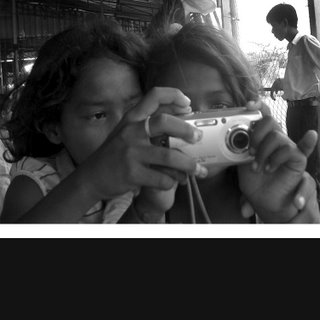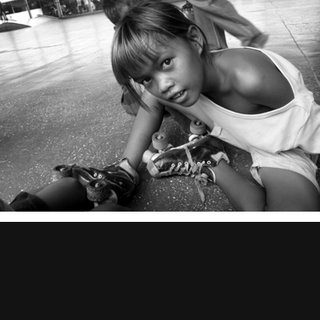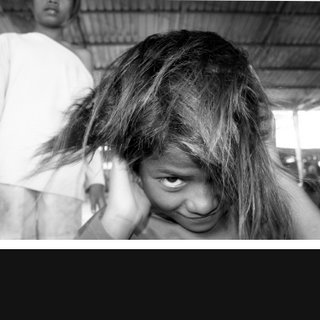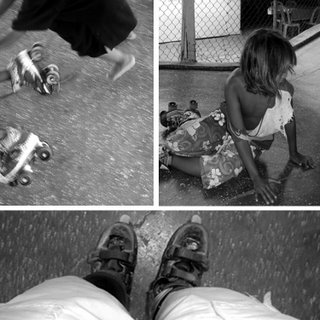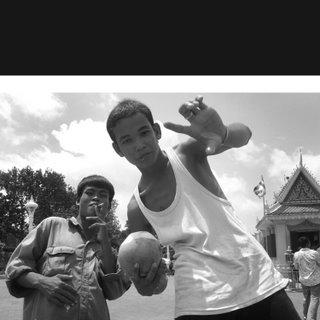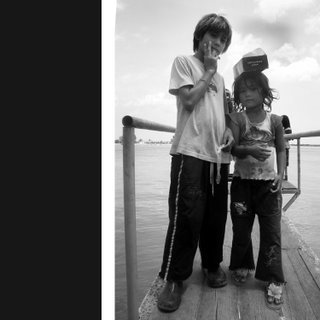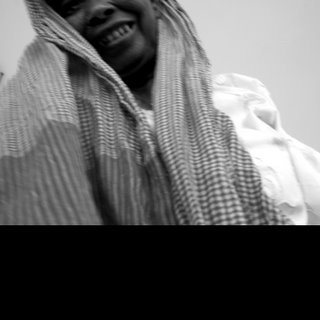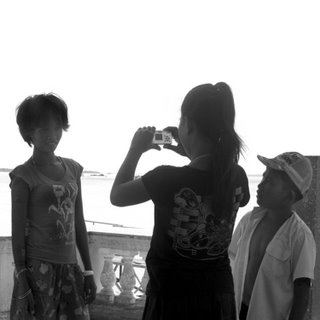
People keep asking me the same, old question: How did I end up here, teaching children photography?
At the beginning when started to do some volunteer work in Cambodia, the chronic famine of Phnom Penh struck me. I had never taken any pictures of anything like that before. I'd only read about it. I'd never seen anybody die of hunger. So I started to ask basic questions about what's going on in the world, what's wrong with the world, issues and questions of world distribution, distribution of wealth – power. Where is the power and who has the power? And I found with a camera I could explore some of those things.
One of the rewards of being a documentary photographer is that you start to ask questions, because you start to observe things. Camera is just a tool that leads you toward understanding.
I guess what I'm trying to do, at this time, is explore power. Look at power, what it has done to the world and particularly its victims. I think we should be looking at the victims of those ridiculous policies, and having a camera around your neck gives you that freedom. That excuse. The only thing really worth documenting is the civilian victims.
